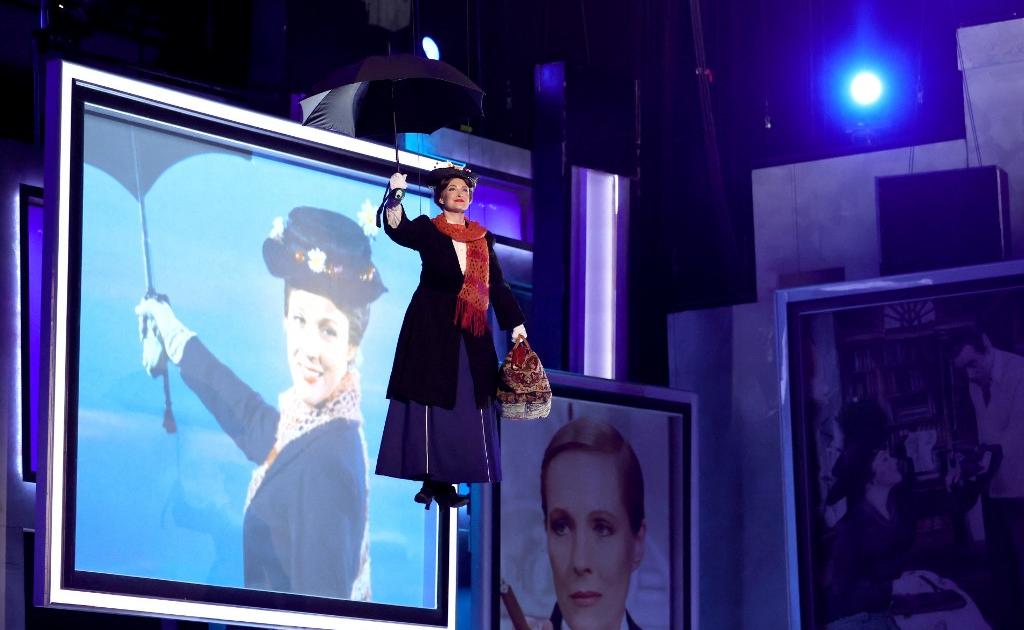The gnome in the opening episode of "The Masked Singer" sang a classic, "When You're Smiling," the most famous version of which Billie Holiday recorded in 1938.
When the man behind the mask revealed himself, it was clear: this moment is the first sensation in the ninth season of the US version of the TV show.
Because Dick Van Dyke came to the fore.
The 97-year-old is an absolute legend on US television. Carl Reiner's sitcom The Dick van Dyke Show, starring him, ran from 1961 to 1966 and won 15 Emmy Awards.
In the 1960s he appeared in films such as Bye Bye Birdie, Mary Poppins and Chitty Chitty Bang Bang.
In an interview with Entertainment Weekly magazine, van Dyke said he had never heard of The Masked Singer before he was asked to appear on it.
"It was the strangest thing I've ever done," said van Dyke.
On the podium of the jury - singer-songwriter Robin Thicke, TV presenter Jenny McCarthy Wahlberg, actor Ken Jeong and singer Nicole Scherzinger - the unveiling of the gnome caused strong emotions.
In particular, the Pussycat Dolls frontwoman Scherzinger was touched, you could hear her sobbing.
Asked whether he experiences such reactions more often, Dick van Dyke answered in the "Entertainment Weekly" interview: Yes, that has happened before.
As an encore, he sang the »Mary Poppins« classic »Supercalifragilisticexpialidocious« on the show.
Feb





/cloudfront-eu-central-1.images.arcpublishing.com/prisa/UQQAU7OV6RA6HGJD6NM2HD2PEE.jpg)








